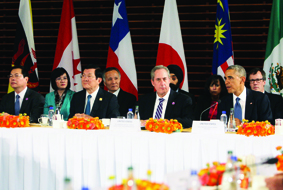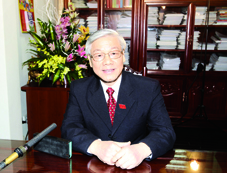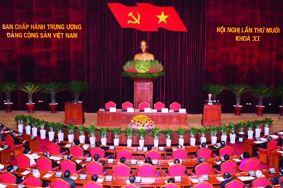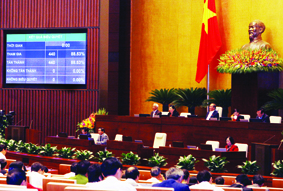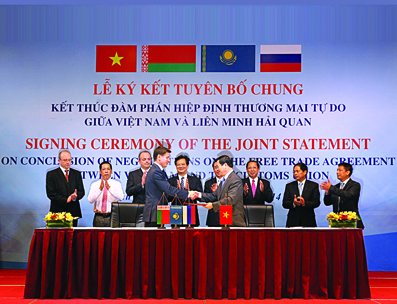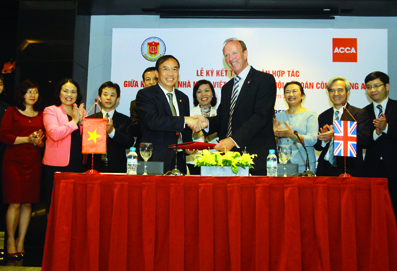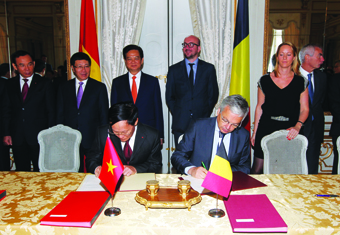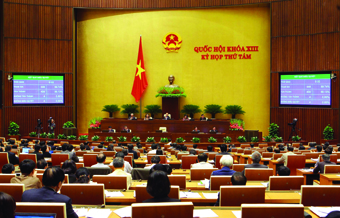Assoc. Prof, Dr. Truong Thi Hong Ha[1]
The United Nations Convention against Torture and Other Cruel, Inhuman or Degrading Treatment or Punishment (UNCAT) was adopted by the General Assembly of the United Nations on December 10, 1984, under Resolution 39/46. The UNCAT is one of the nine fundamental international conventions on human rights. The Convention came into force on June 26, 1987, after having been ratified by 20 states, and now has 155 State Parties.
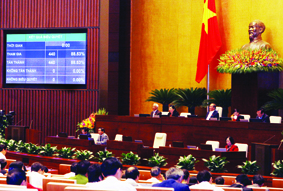 |
| National Assembly deputies vote to adopt the Resolution ratifying the UN Convention against Torture__Photo: Nguyen Dan/VNA |
Vietnam signed the UNCAT on November 7, 2013, and had it ratified by the Vietnam National Assembly on November 28, 2014. The signing and ratification of the Convention show the country’s great efforts in protecting human rights, creating an important legal ground for the fight against hostile forces’ slanders and distortions about the torture of persons held in custody, detainees and prisoners aiming to undermine the Vietnamese State. The ratification of the Convention bears an important significance in reflecting Vietnam’s humane criminal policy as well as its determination to maintain ethical, legal and cultural bases for human rights as affirmed in the Party’s line and the 2013 Constitution. It also prompts the review and revision of relevant laws and regulations, specifically those on freedom from torture and other cruel, inhuman or degrading treatment or punishment, to be more consistent with the Convention and universal standards of international law on human rights...
* Only subscribers can access the rest of this article.
